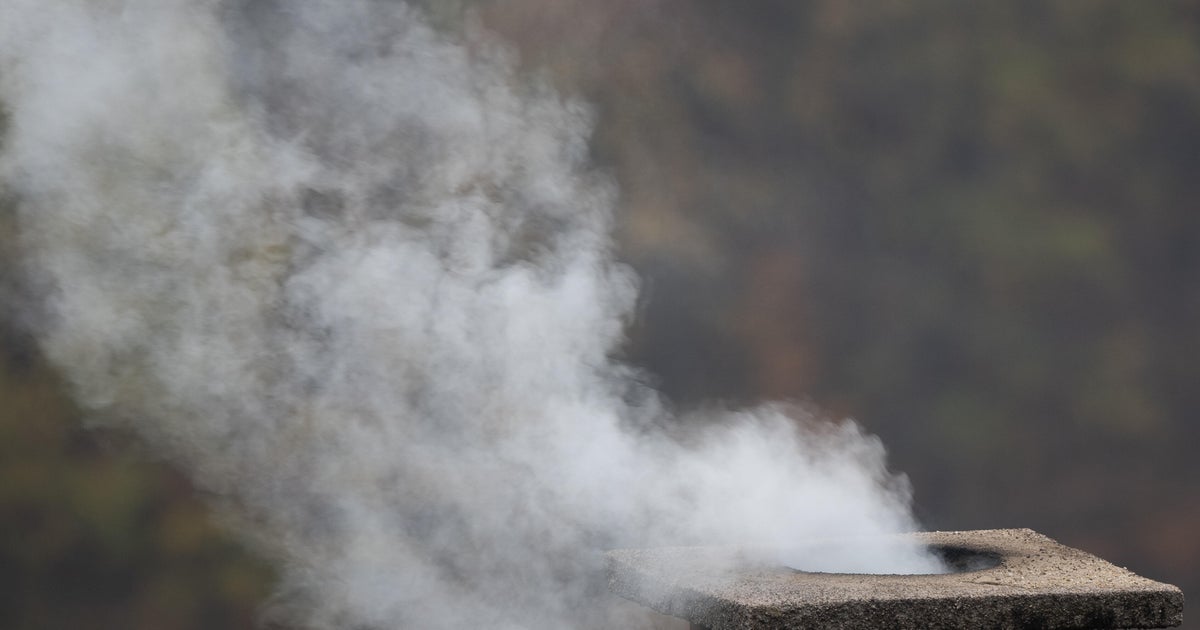Cicadas Invade Parts Of Tri-State, While Other Areas Are Spared
TENAFLY, N.J. (CBSNewYork) -- Cicada season is officially here. While some areas are under the din of the cicada's mating calls, other areas have been spared.
In Tenafly, the cicadas are noticeable but not deafening, WCBS 880's Peter Haskell reported.
Some residents have complained that they can't escape the sound even inside their homes.
Cicadas Invade Parts Of Tri State, While Other Areas Are Spared
"Seems to be magnified in my bedroom in particular," Norbert Ripp told Haskell. "Not good."
Their noisy mating call has been measured at 100 decibels, similar to the noise created by a subway train.
But others are taking the once every 17 years annoyance in stride.
"It's white noise, people may pay money for this. You have to have the right attitude," Christine Evron of Tenafly said. "It's so much fun having them jump on you as you walk out the door."
The cicadas are on garbage cans and door frames in addition to the trees in the northern New Jersey suburb.
University of Connecticut biology professor Chris Simon said it's not unusual that some areas are seeing high cicada activity while others are largely undisturbed.
"They feed on tree roots underground. They feed on the xylem watery fluid in the tree roots," said Simon.
Areas with fewer trees are therefore spared from the cicada invasion.
"If they haven't seen cicadas yet, they're probably not going to see them," said Simon.
Billions of the insects began springing up late last month for their brief stay above ground to mate.
The Brood II cicadas' activity was expected to spread from Georgia to New Hampshire, with parts of the New York Metro area seeing the largest numbers. People in northern New Jersey, Westchester County and coastal Connecticut have been experiencing a noisy summer, according to experts.
But the annoyance is short-lived. The adults only have a lifespan of four weeks CBS 2's Christine Sloan reported.
After the cicadas mate, the females lay their eggs and then they die, according to experts. The eggs then hatch six to eight weeks later and the little cicadas go into the ground to start the 17-year cycle all over again.
You May Also Be Interested In These Stories







